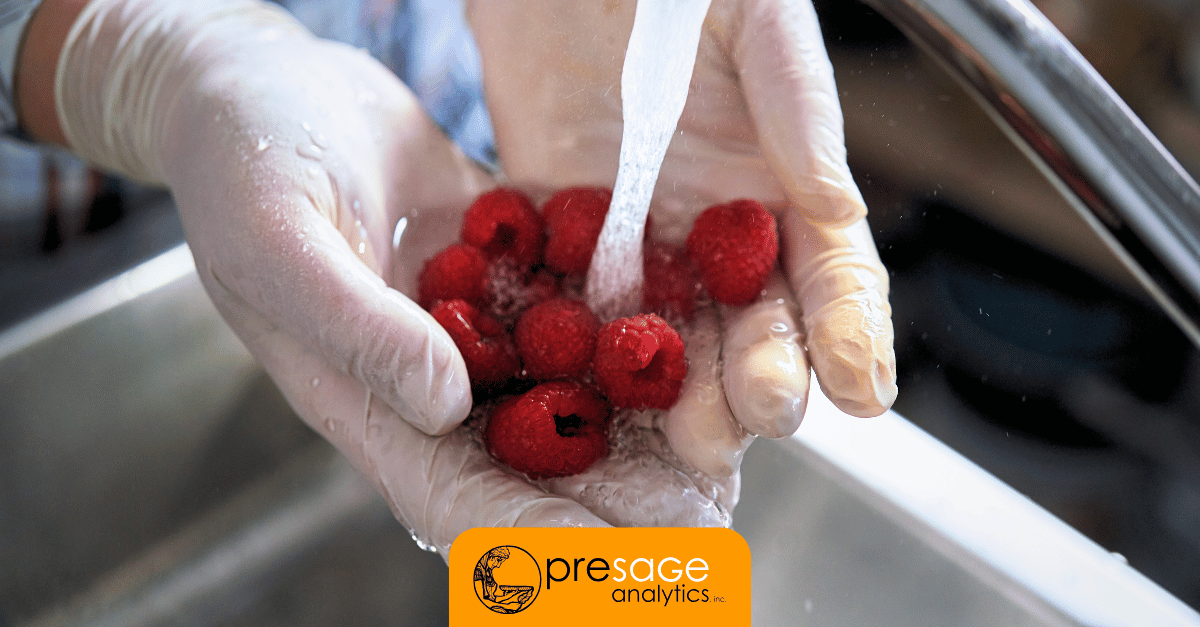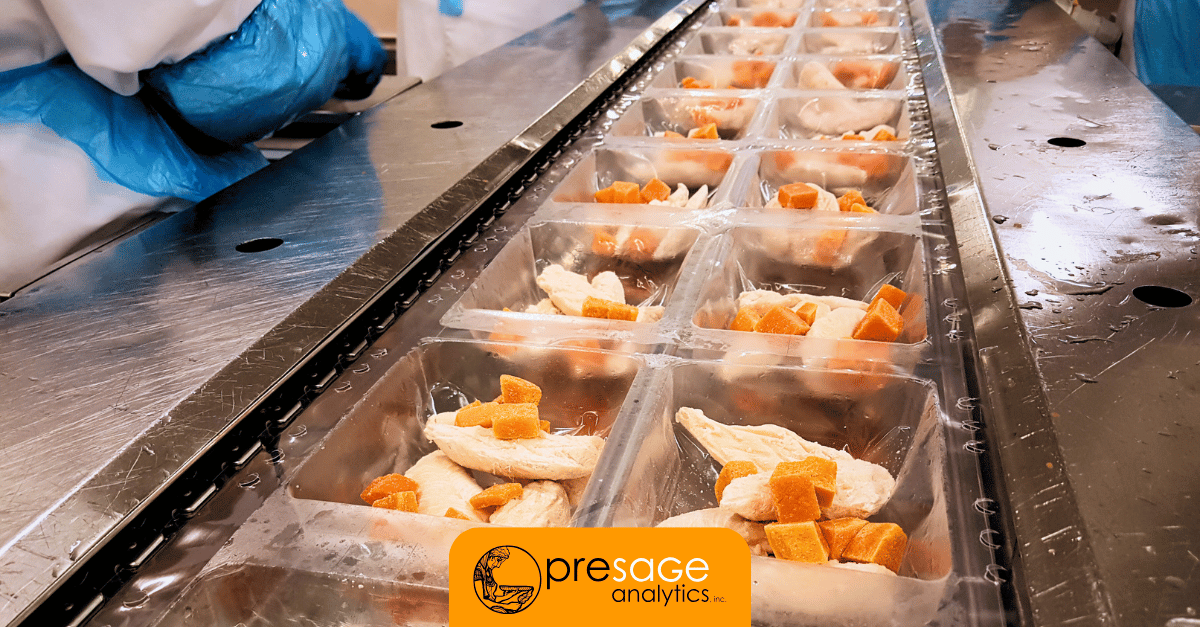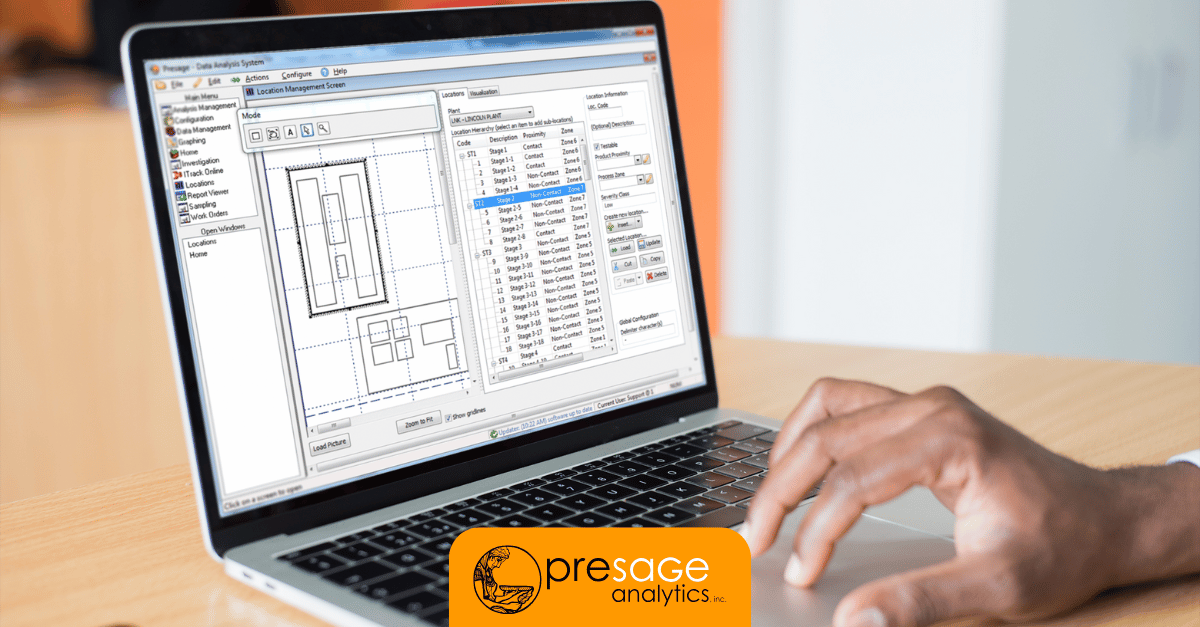An Eco-Friendly Beverage Industry
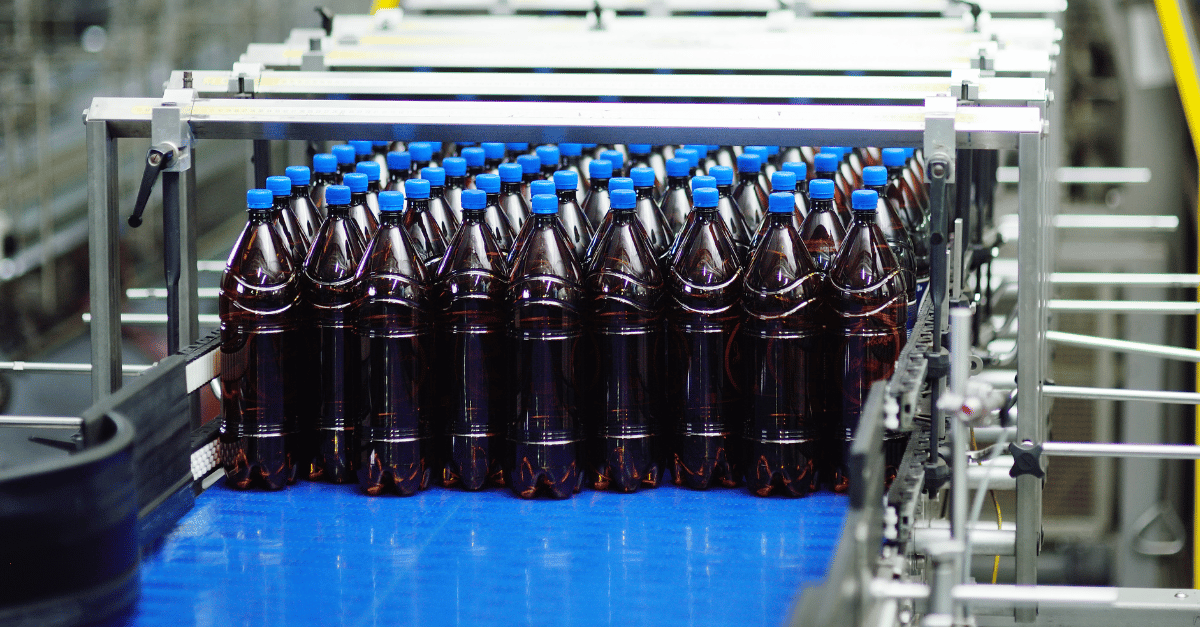
As companies face new challenges each year, they learn to adapt to environmental challenges and consumer expectations. Adopting eco-friendly beverage processes can streamline production, lower costs, and contribute to environmental protection.
Benefits of Implementing Sustainable Practices
- Reduced Operational Costs
- Enhanced Brand Reputation
- Improved Environmental Impact
- Increased Operational Efficiency
Eco-Friendly Beverage Practices Are More Than Just a Trend
Water Conservation
Data analytics offer insights into water usage across the production process. By pinpointing inefficiencies, companies can design targeted strategies to reduce waste and conserve resources. Real-time monitoring technologies, like Presage Analytics, further empower businesses to track consumption and implement immediate interventions.
Sustainable Sourcing
Beverage producers are now sourcing ingredients from producers who prioritize environmental stewardship. By reducing transportation emissions, companies can lower their carbon footprint while supporting local and regenerative agriculture. Transparent sourcing protocols further ensure accountability and promote meaningful change across the entire production network.
Energy Efficiency
Integrating renewable energy sources, such as solar and wind, can power facilities sustainably. Energy-efficient equipment reduces power consumption and lowers operational costs. Predictive maintenance technologies optimize energy use and prevent waste. Used together, they can help manufacturers reduce their carbon footprint while maintaining high production standards.
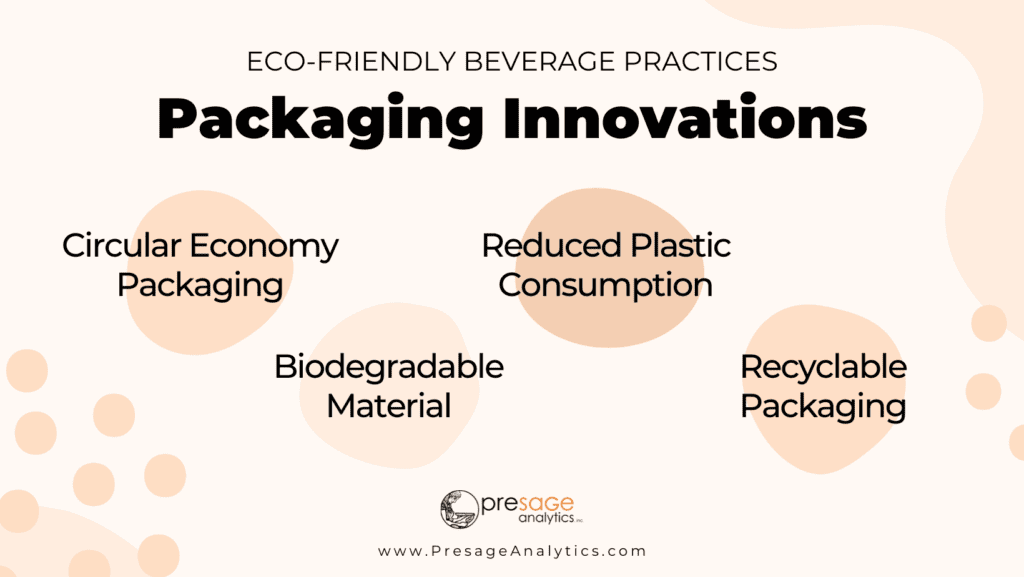
Packaging Innovations
Packaging represents a significant environmental challenge for the beverage industry. Solutions can include:
- Circular economy packaging approaches: These systems prioritize reusing materials, creating a closed-loop process that minimizes waste and resource use.
- Biodegradable material development: This involves creating packaging that naturally decomposes, reducing long-term environmental impact.
- Reduced plastic consumption: Companies are cutting back on single-use plastics by adopting alternative materials and streamlined designs.
- Recyclable packaging designs: These designs make it easier for consumers to recycle materials, promoting sustainability and reducing landfill contributions.
Waste Reduction
Beverage producers are redefining waste as an opportunity rather than a challenge. Recycling programs allow companies to reduce their environmental footprint through creative upcycling initiatives. These approaches not only minimize landfill contributions but also generate additional revenue streams, showcasing the power of sustainable innovation.
Advanced Technology
Advanced technologies allow for precise performance tracking and predictive modeling. With real-time insights, companies can accurately assess their environmental impact and identify areas for improvement.
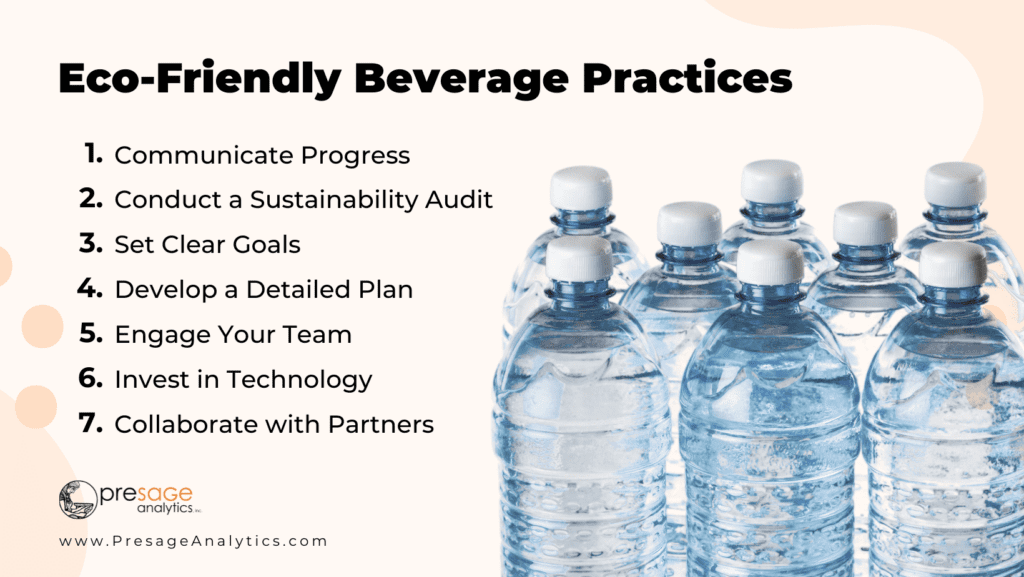
Implementing Eco-Friendly Practices
Adopting eco-friendly practices begins with strategic planning and actionable steps:
- Communicate Progress: Share achievements and challenges with customers to build trust and demonstrate your commitment to the environment.
- Conduct a Sustainability Audit: Assess your current operations to identify environmental impact and areas for improvement.
- Set Clear Goals: Define measurable environmental objectives that align with your company’s values and long-term vision.
- Develop a Detailed Plan: Create a step-by-step implementation plan to turn sustainability goals into actionable strategies.
- Engage Your Team: Train employees and foster a culture of sustainability to ensure company-wide participation and accountability.
- Invest in Technology: Use monitoring tools to track progress, identify inefficiencies, and adapt strategies as needed.
- Collaborate with Partners: Work with eco-conscious suppliers and stakeholders to strengthen your sustainability initiatives.
The Competitive Edge of Sustainability
Prioritizing eco-friendly practices offers companies substantial competitive advantages, from financial savings to strengthened customer trust.
Key Benefits
- Industry Leadership: Positions businesses as forward-thinking and innovative.
- Enhanced Brand Reputation: Attracts environmentally conscious consumers and investors.
- Lower Operational Costs: Achieved through sustainable and efficient practices.
- Increased Customer Loyalty: Gained by demonstrating a commitment to environmental responsibility.
- Proactive Regulatory Compliance: Helps avoid future legal and financial challenges.
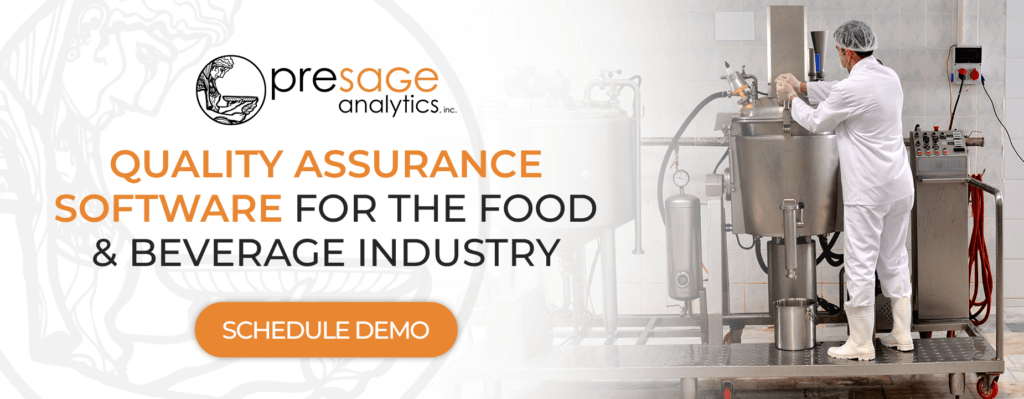
Ready to Transform Your Production?
Presage Analytics helps beverage producers navigate sustainability challenges with customized solutions. Our software provides environmental monitoring, actionable insights, sample tracing, and more. Discover how Presage Analytics can revolutionize your production and schedule a demo today!

